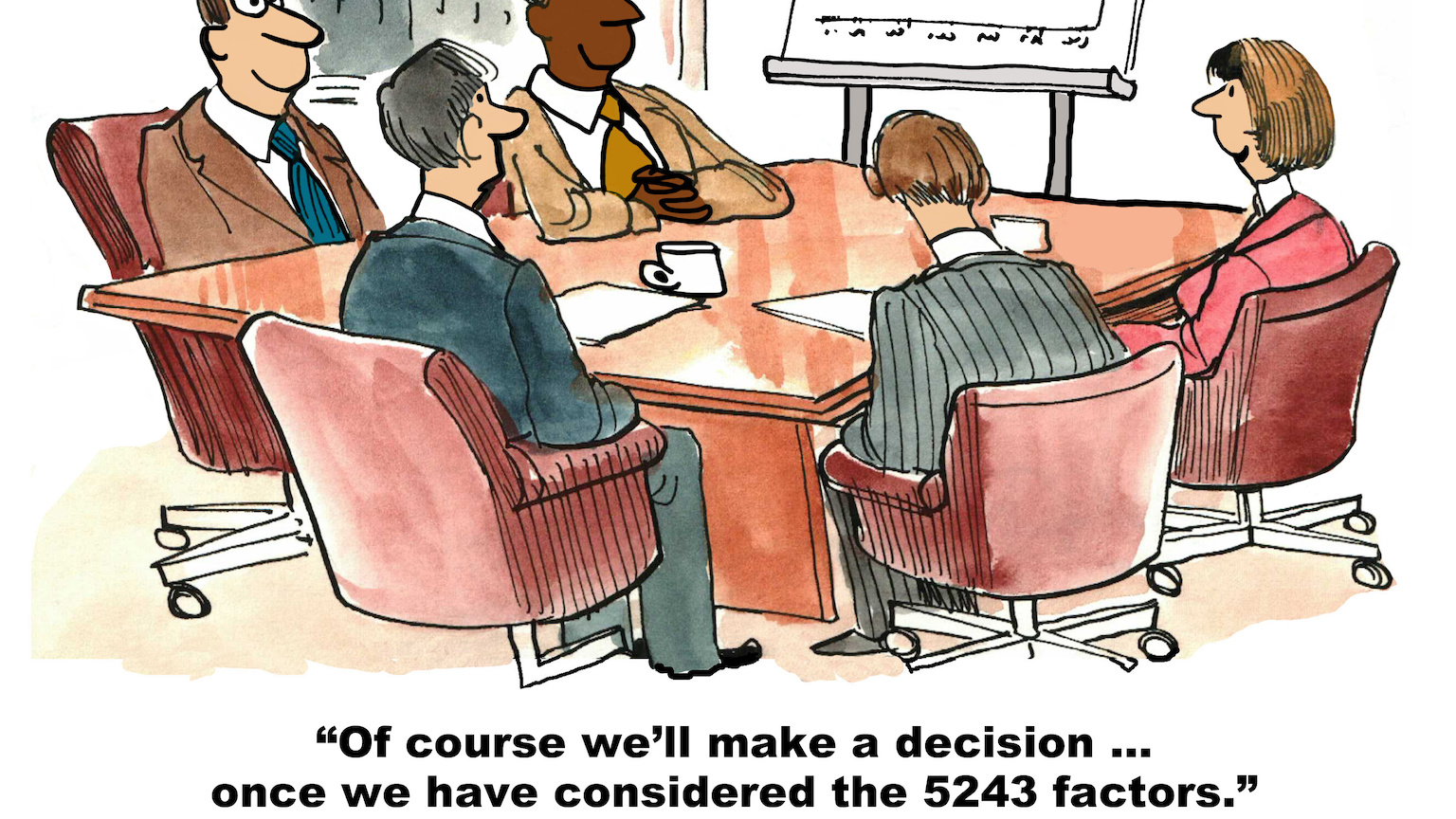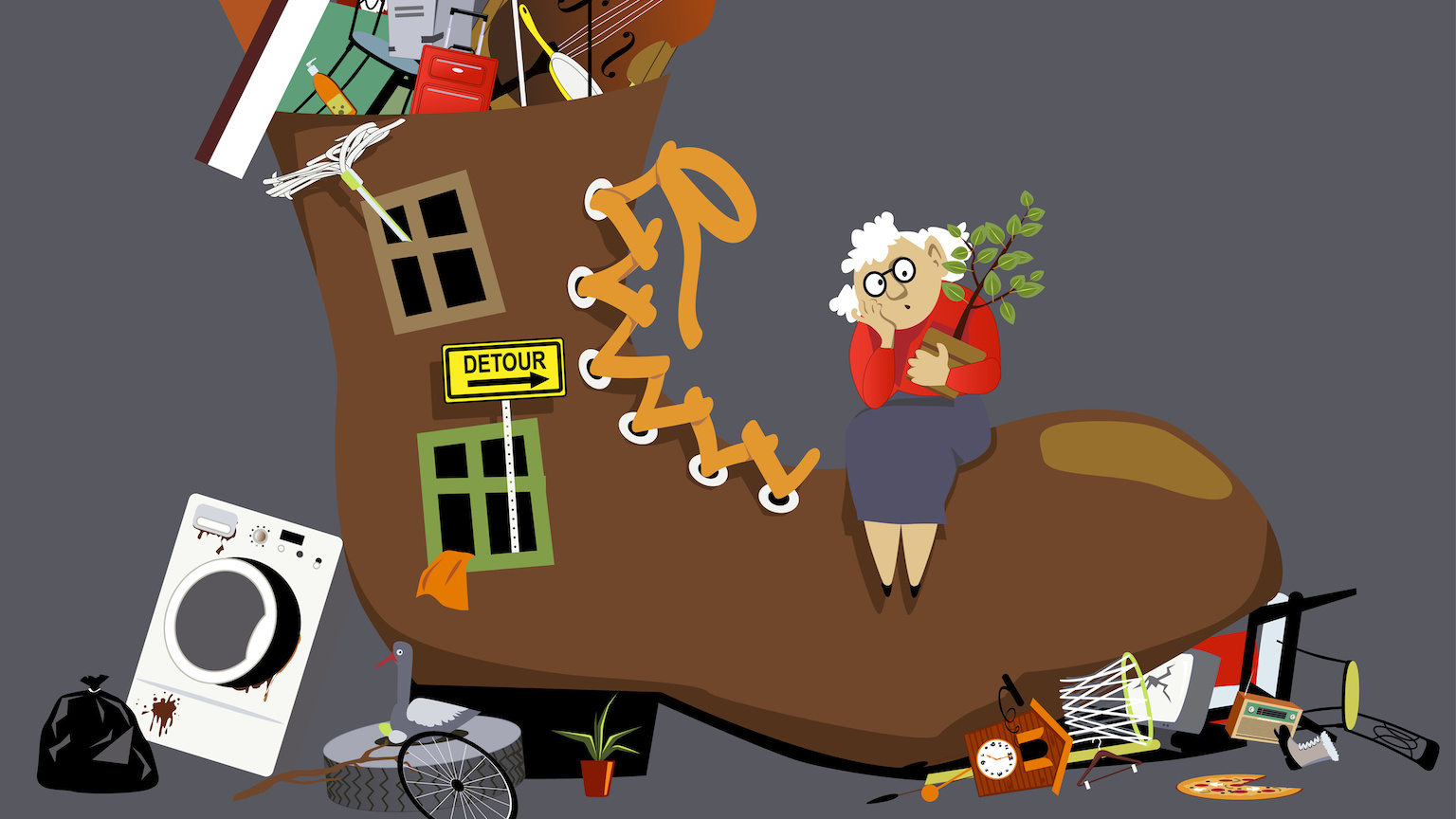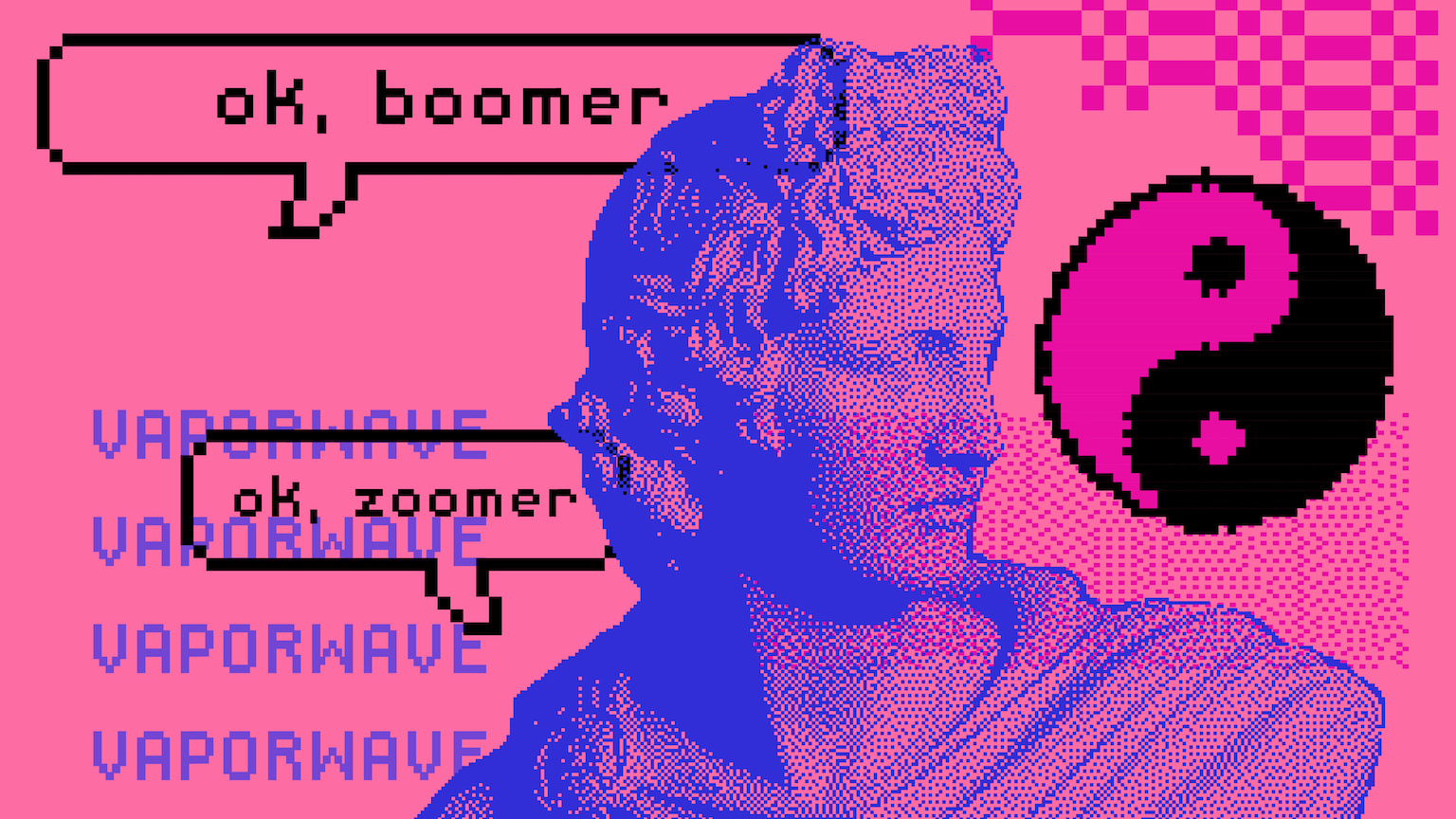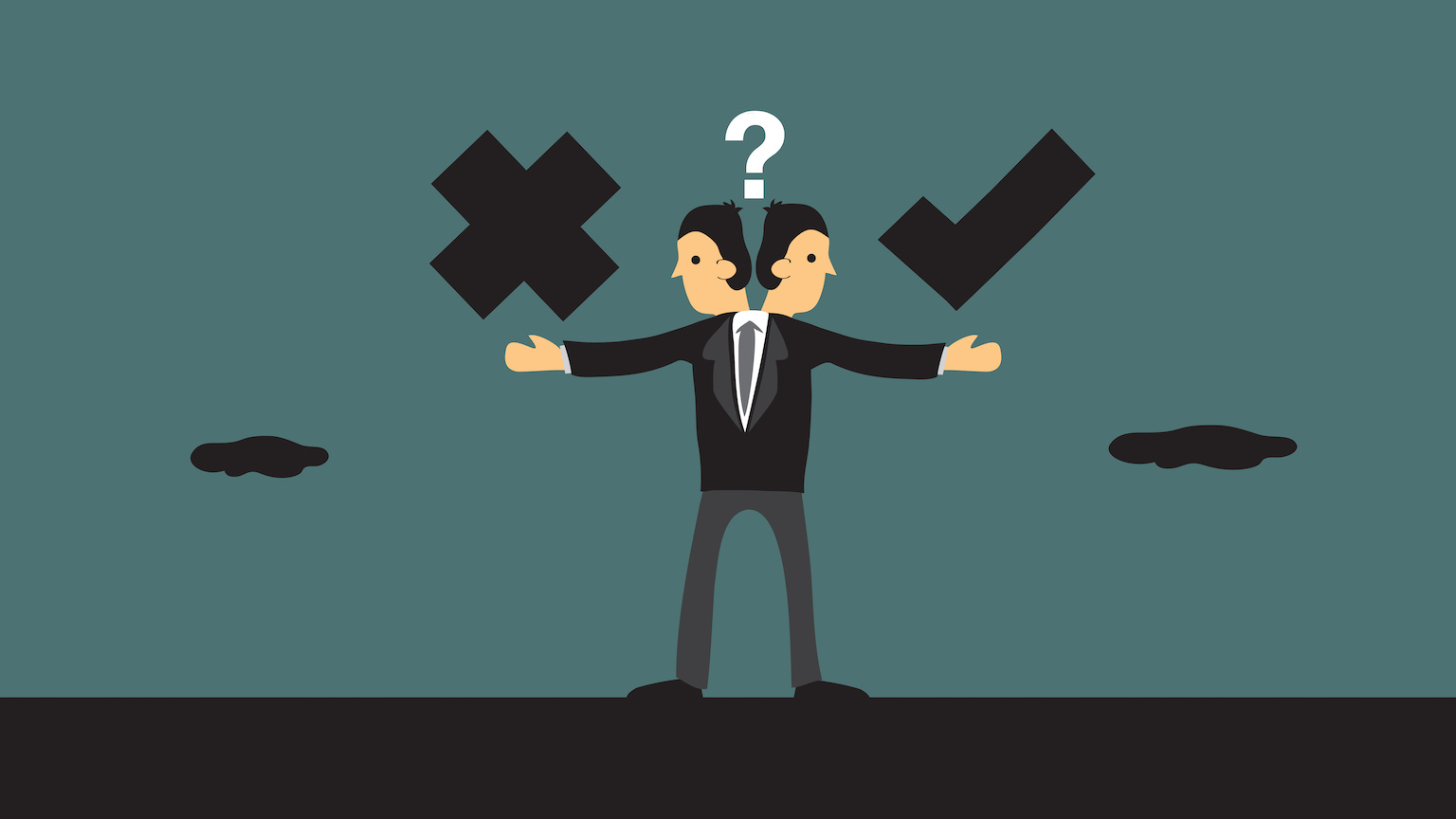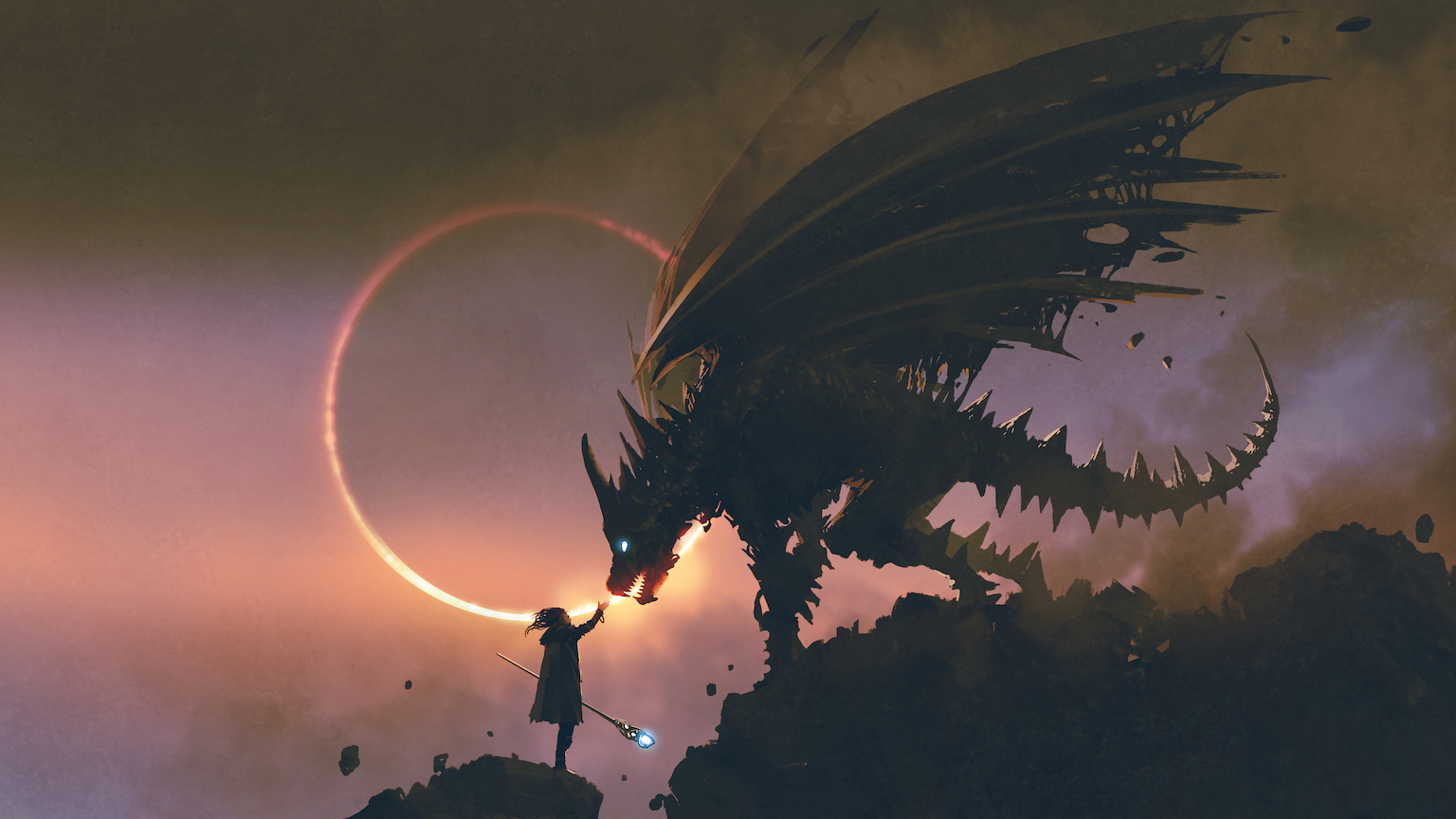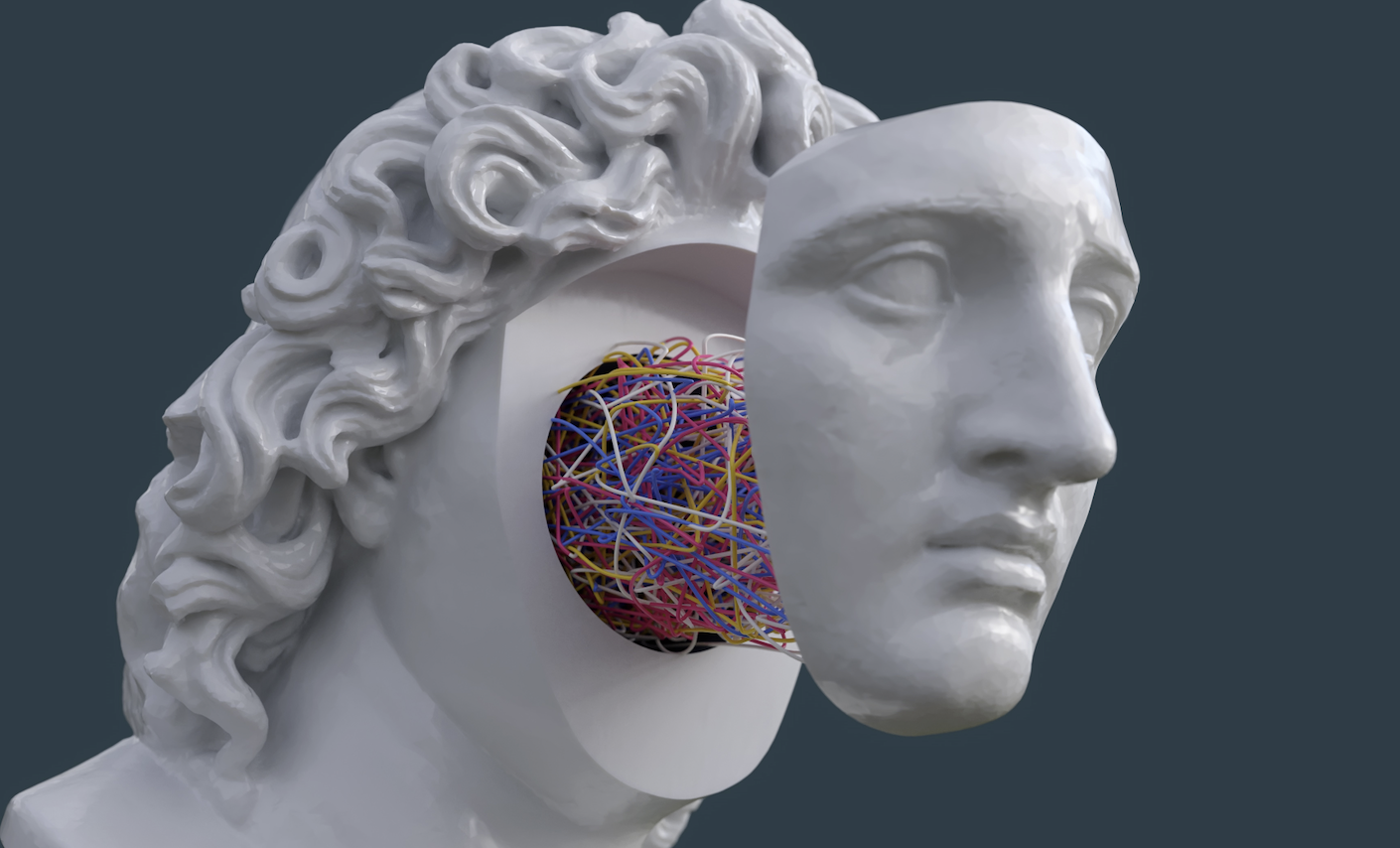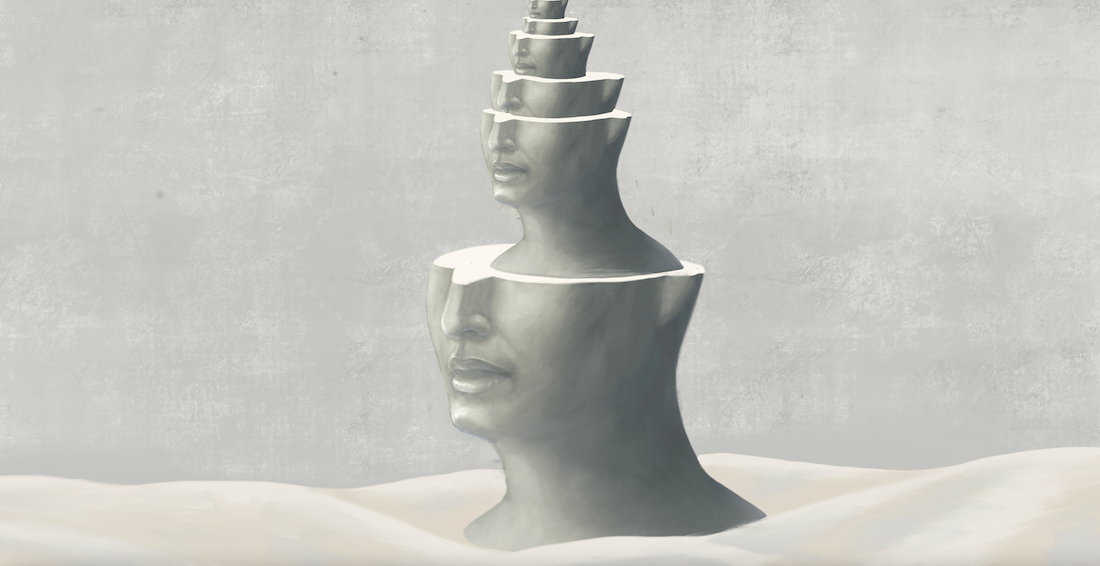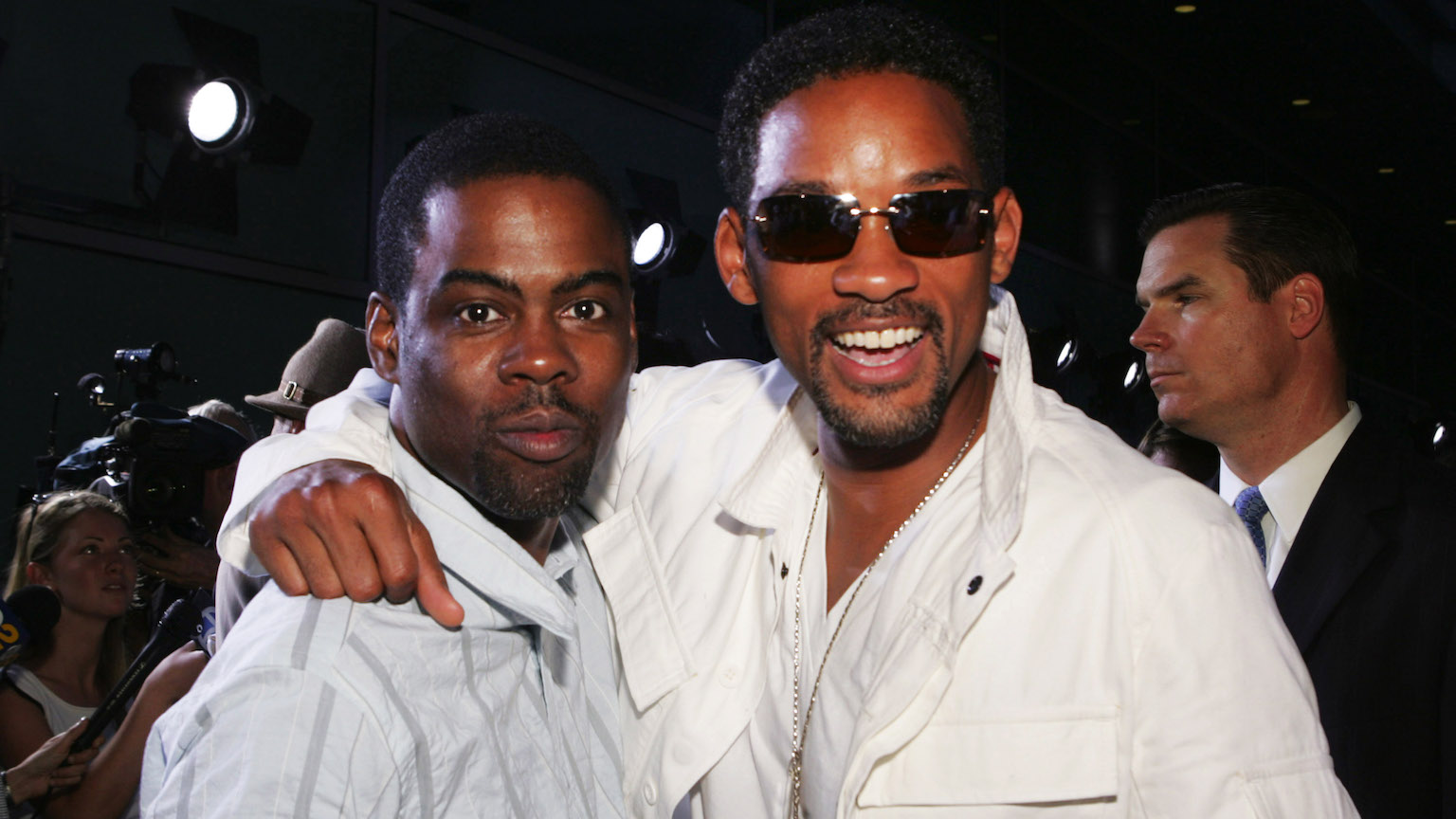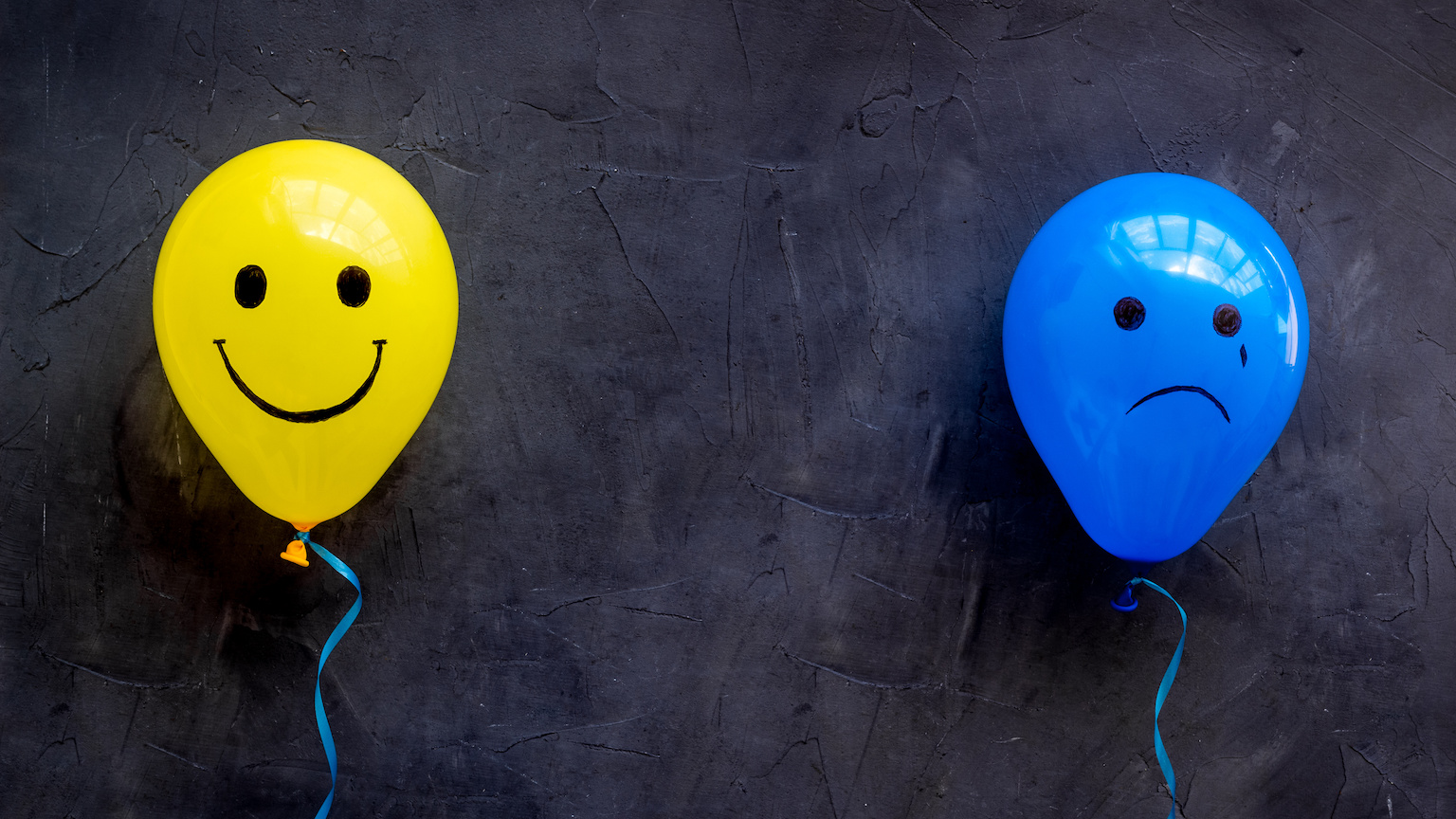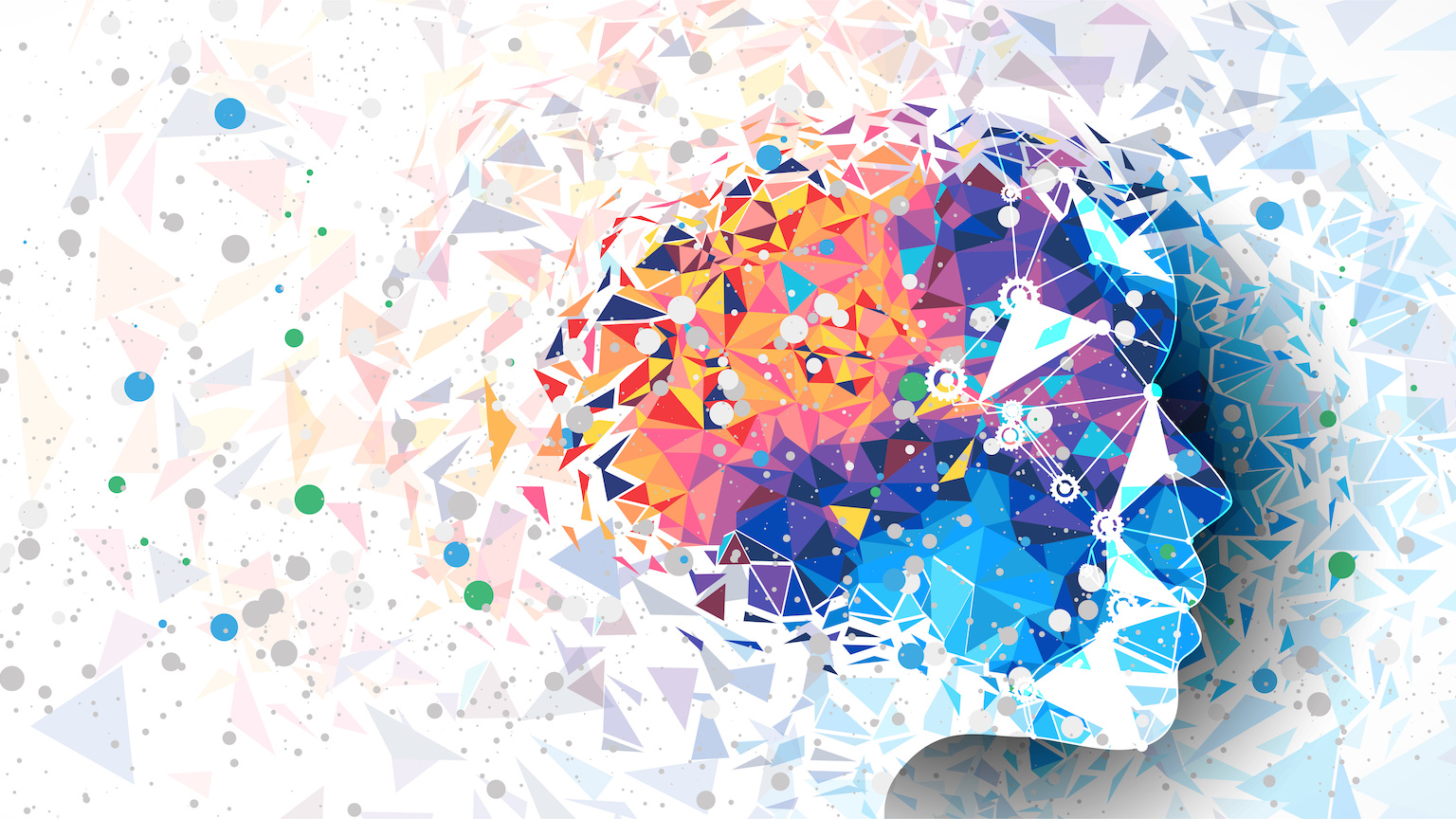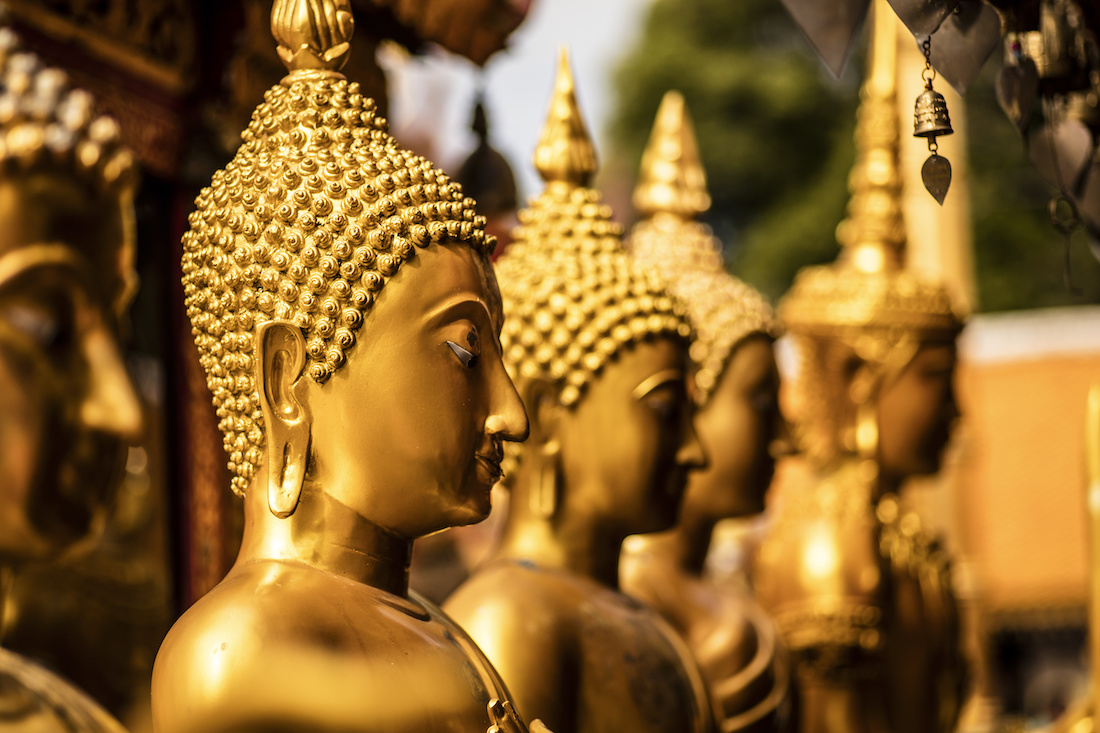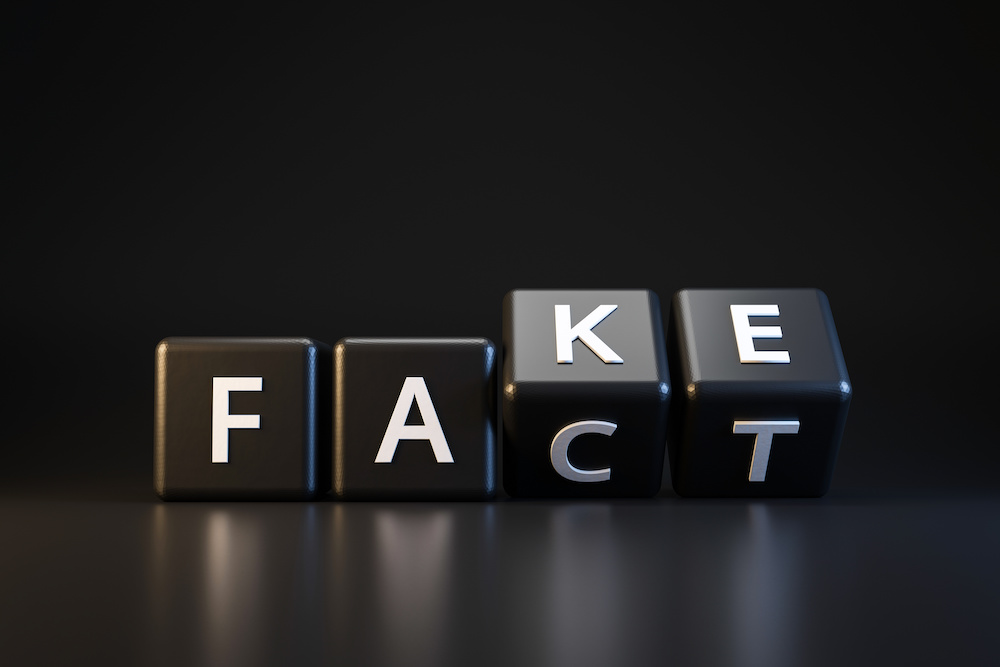Jonny Thomson
Jonny Thomson taught philosophy in Oxford for more than a decade before turning to writing full-time. He’s a staff writer at Big Think, where he writes about philosophy, theology, psychology, and occasionally other subjects when he dares step out of his lane. His first book, Mini Philosophy, is an award-winning, international bestseller, and has been translated into 20 languages. His second book, Mini Big Ideas, was published in 2023.

It’s time to put on your listening hat.
We all know assholes. Perhaps, you are one. Now, psychologists are trying to answer one of life’s biggest mysteries: What, exactly, makes someone an asshole?
Did traditional Chinese thought pave the way for the philosophy of Maoism?
When faced with too many choices, many of us freeze — a phenomenon known as “analysis paralysis.” Why? Isn’t choice a good thing?
Hoarders know their habits are abnormal, and yet they cannot help themselves. Maybe you can help them.
Learning another language might make you richer, sexier, and smarter. Why not try it?
If secrets are a kind of poison, confession is the antidote.
What responsibility do social media companies like Twitter have to free speech? It depends on whether they are “landlords” or “publishers.”
It may depend on whether you’re an “easily empathetically embarrassed” person.
Moral dilemmas reveal the limitations of ethical principles. Oddly, the most principled belief system might not have any principles at all.
When making any tough decision, the key is not to be overly exploratory or exploitative.
When was the last time you spent some quality time with yourself?
According to Tolkien, fantasy requires a deep imagination known as “sub-creation.” And the genre reflects a fundamental truth of being human.
Will all robots think like Jeff Bezos and Mark Zuckerberg?
There is much more to the Kama Sutra than just sex. It’s a guide to anyone wanting more pleasure in life, however they take it.
It’s possible to measure philosophy’s progress in two ways. But is that really the point?
The attitude we take to Will Smith’s slap will mirror our attitudes to violence, masculinity, and protecting others more generally.
Nostalgia is a happy remembrance of the past, yet it also leaves us feeling sad. Perhaps ironically, it can serve as a painkiller.
A growing body of research shows that religious people seem to enjoy more psychological well-being compared to others.
When we fail to help in a bad situation, we are morally responsible. So, why don’t we pick up others’ litter?
A lot of research assumes happiness is measured by comfort and material conditions. For Aristotle, it is about being the best we can be.
The gaze of another person can make us conceive of our body as an object.
What makes a face trustworthy, anyway?
We value human life in a way that assumes we possess a sacred something not found in beings like lambs, turkeys, or mosquitoes.
We forget how unnatural a lot of formal education is. “Learning how to learn” requires bridging the gap between the abstract and the natural.
According to Sigmund Freud, our revulsion at taboos is an attempt to suppress a part of us that actually wants to do them.
Wordle activates both the language and logic parts of our brain and give us a nice boost of dopamine, whether we win or lose.
Non-Western thought is vast and ancient, so why don’t some consider it philosophy?
The language you speak plays an important role in how you evaluate truth.



